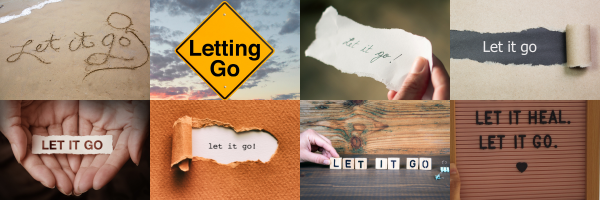Focus on Memories
- Amy Rowlinson

- Dec 24, 2021
- 3 min read

Who are you if not a collection of memories? Your memories matter as your life is a sequence of millions of moments all collated together to form your uniqueness. Memories are vital for you to learn and grow. Today on Christmas Eve, I am casting my mind back to all the times I’ve experienced this special day. All those early memories of being a young child of how I felt in the buildup of Christmas. Memories of being with extended family, of delicious food, wintry walks, carol singing, opening presents and playing games. As a mother, I am also recalling those memories of the excitement of my own children’s early Christmas experiences and also of being away in different countries curious to understand different festive customs. Some long forgotten memories were triggered earlier this year when on Dr Lynda Shaw’s Neuroscience Professional Development Programme. Reading about the Phineas Gage case, it all seemed very familiar then I remembered I’d studied his case 27 years ago at university. Was it irony or coincidence that the focus was on memory in that session with Lynda? I learned how the Short-term or Working Memory is a theoretical framework for temporarily storing and manipulating information and how information stored in the hippocampus is then transferred to various areas for Long-term Memory storage in the Declarative (Explicit) and Non-Declarative Memory (Implicit) Memory.
Within your Explicit Memory you have the Episodic Memory for events, personal experiences in time and place and the Semantic Memory for facts and general knowledge. Within your Implicit Memory, you have Procedural Memory for skills like riding a bicycle, the Perceptual Representation System for perceptual timing, Classical Conditioning for conditioned response, think Pavlov’s dogs and finally Non-Associative Learning, think habituation and sensitisation. Isn’t the brain just incredible? So much goes on in every second of the day without us even being aware consciously. Your senses evoke all types of memories. For me, the sense of smell is very powerful. Someone walked passed me in the street this week wearing a particular aftershave and it instantly reminded me of someone I once knew who I associate with that specific scent. Smelling a rose takes me straight back to being a very young girl smelling white roses by my front door and the smell of a coconut always reminds me of beach holidays because of the sunscreen I used. Smell evokes such strong memories as the olfactory nerve is located near to the amygdala, the area of the brain responsible for experiencing emotion and for emotional memory. Can you recall some of your earliest memories? I often question whether these are even my own memories. Do you know which are your own true memories or those of others who you have heard and then stored as your own? When working with clients, I use an NLP technique called Timeline Therapy which allows me to help clients to retrieve the earliest memories they have around emotions particularly of anger, sadness, fear, hurt and guilt. Using this technique you can disassociate yourself from the memory to enable you to reframe it and put those negative emotions linked to it into context, finding learnings to take away from that experience. It is important to understand that Timeline Therapy does not in any way remove, alter or change your memories. They remain as they are because your memories are who you are. The brain is truly fascinating and I am so grateful for all of its wonderful capability. Dreams, thoughts, déjà vu, ideas and memories, I wonder what will bubble to the surface next! So as I go to sleep tonight on Christmas Eve this year, it will be knowing that one of the many benefits of sleeping is that it is essential for the consolidation of my learning, development and memories. Waking up tomorrow, I will be just as excited as I was as a young girl as I will be making more memories to treasure forever. Focus on Memories!
ACTION POINT What new memories will you create today and which ones will you recall from your long-term memory?
Amy




Comments